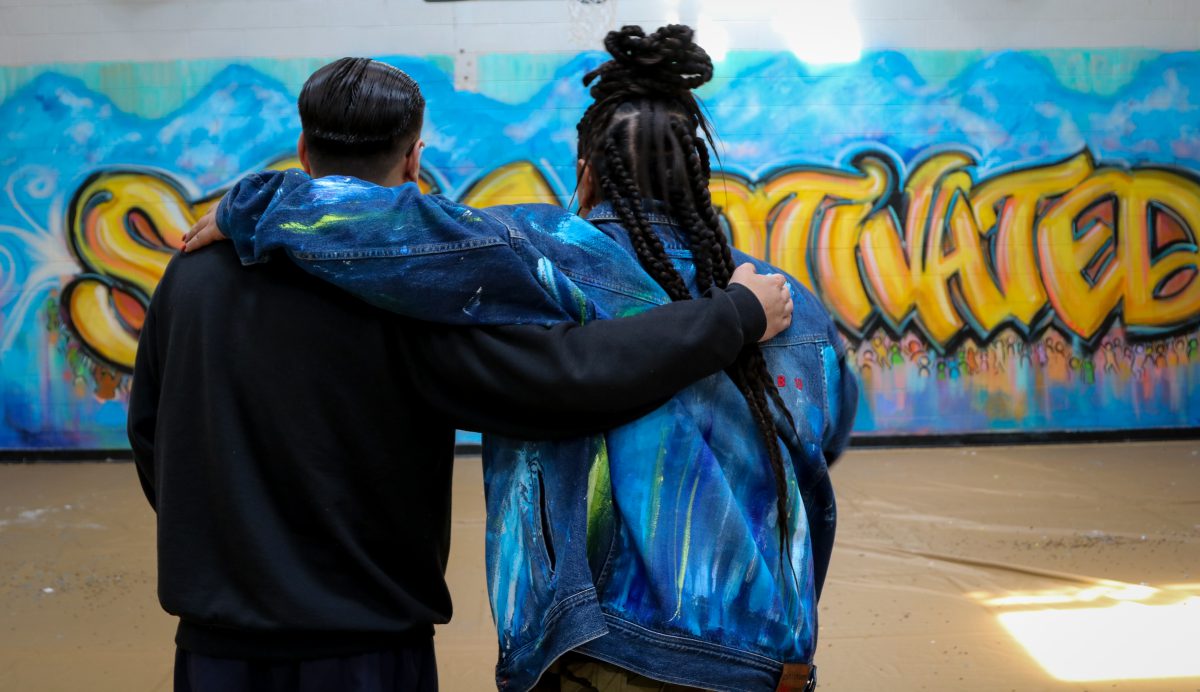Written by: Lydia Brooks, and Dr. Miguel Trujillo. Pictures by: Maegan Castleton
An Emerging Leader Led Program for Youth Who Are System-Involved
The Utah Division of Multicultural Affairs’ mission is to promote a climate that inspires belonging in Utah. The MCA fellowship program exposes young leaders to an opportunity for service, mutual learning, and the workings of state government. The development of emerging leaders is a key division pillar and necessary to a thriving Utah.
In partnership with the Division of Juvenile Justice and Youth Services, and with funding from UServeUtah, one of our fellows Lydia Brooks, developed an impactful program for system-involved youth. We hope her experience inspires others to consider exploring a fellowship with our division and a career in state government:
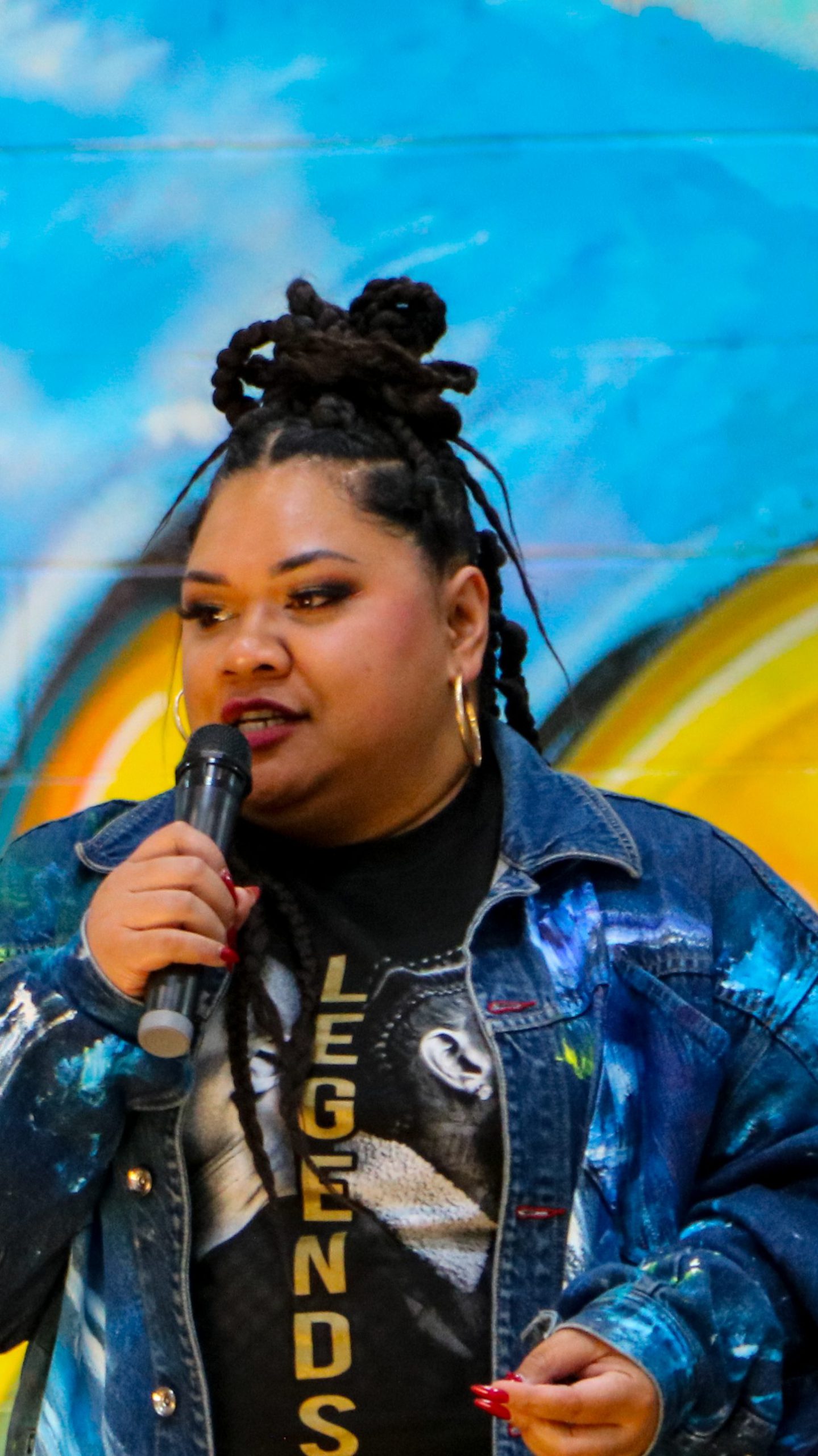
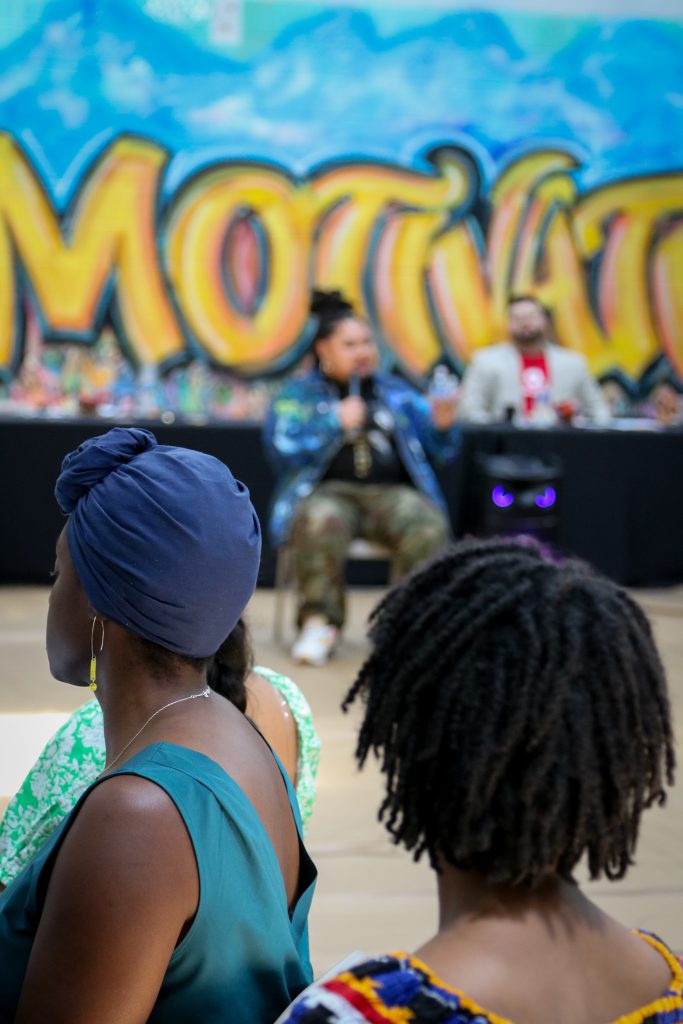
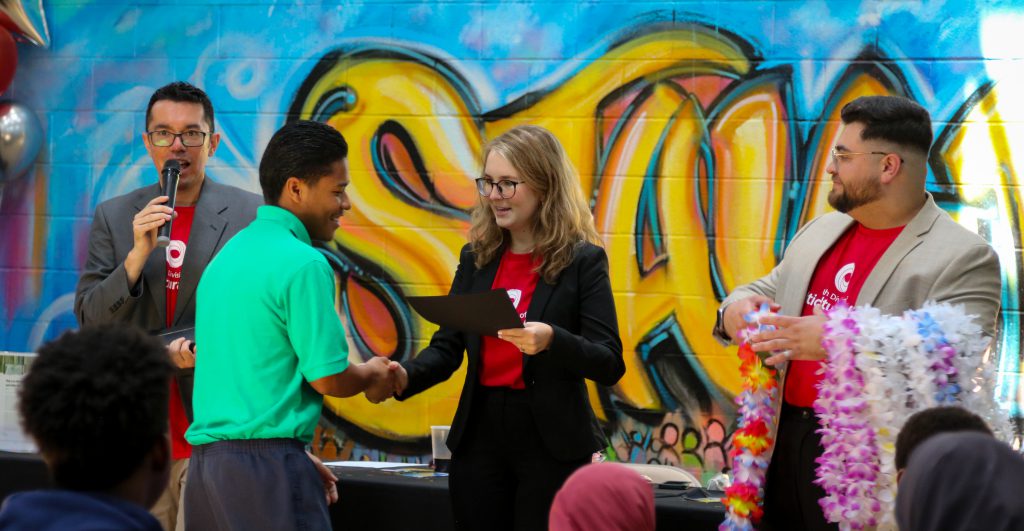
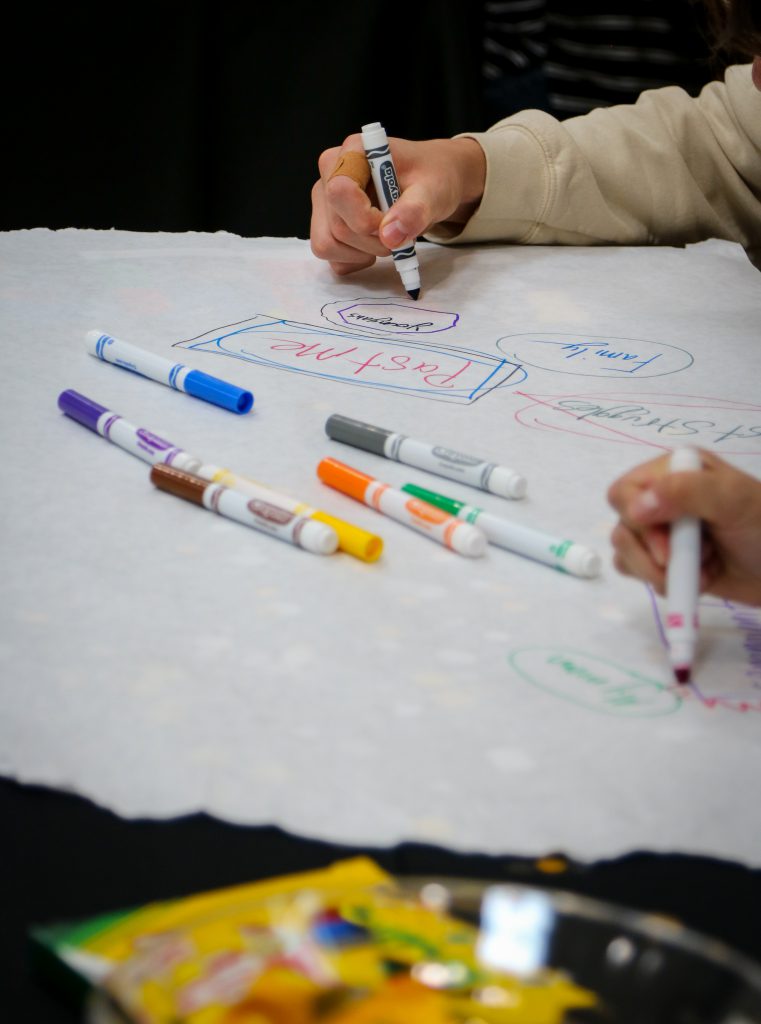
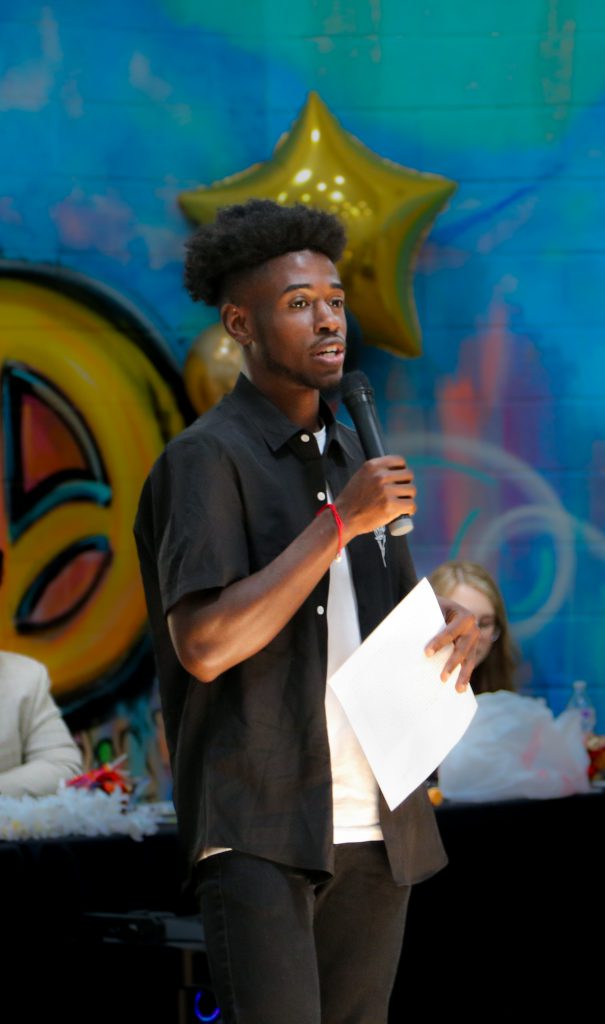
Everyone loves a good story:
We love relatable characters who mirror ourselves, with messy conflicts that wrap up pretty with an ordinary person turned hero. We love stories of courage and growth — stories that bring us hope. Through the “Writers Who Hope” program, I recognized even more just how powerful a story can be, and most importantly, how powerful the authors are who write them.
Over the course of three months, the Utah Division of Multicultural Affairs hosted the first edition of the “Writers Who Hope” program. This program, a passion project and personal dream of mine, aims to support system-involved youth — specifically youth in locked detention facilities — through art and civic education. With a focus on leadership development and community engagement, participating youth created a beautiful magazine full of stories pertaining to sorrows and growth, forgiveness and restoration; a complete reflection of the human experience.
Program in Practice:
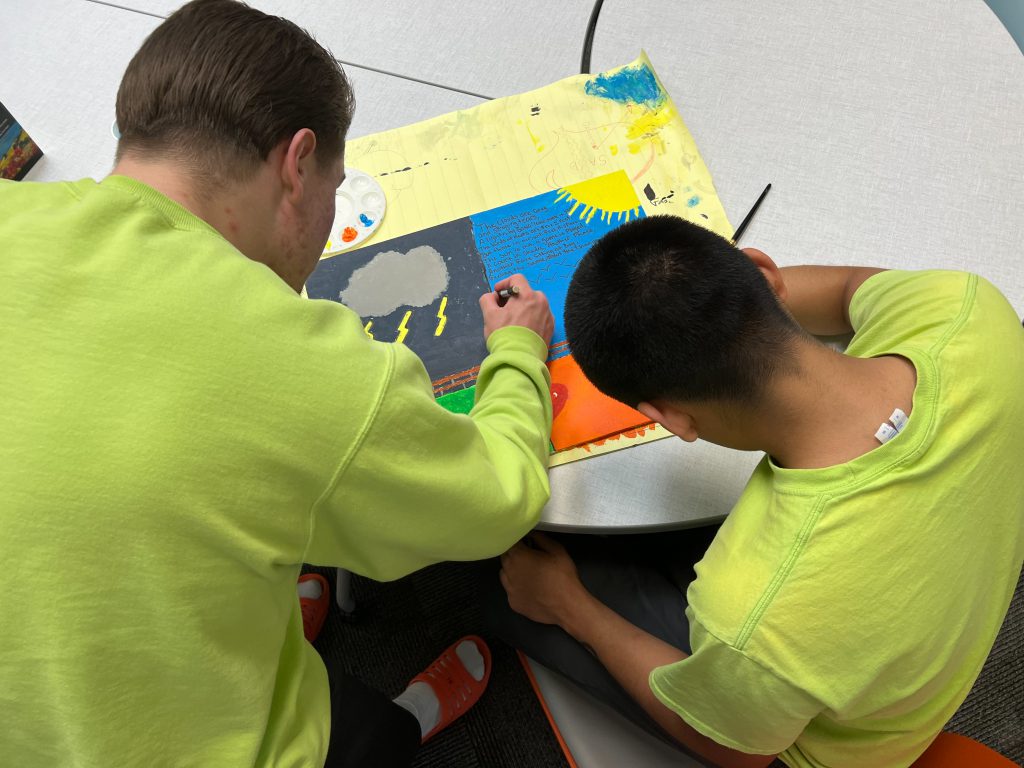
It was just shortly after our first somewhat awkward session, with shifting eyes and half smiles, that we were loudly laughing and teasing each other over rhyme battles and poetry. One session we brought in pizza to celebrate the successful end of our fictional story unit that helped them explore aspects of leadership development. When we asked the youth why we had brought in the celebratory pizza — The Pie Pizzeria with LOTS of meat, as per request —one youth piped up, “It’s because you love us!” Had I not been surrounded by a bunch of teenagers I was desperately trying to be cool in front of, I probably would have cried. As much as we desired to empower them to use their magazine to encourage community partnership to better serve youth, our utmost priority, however, was to create a program where each youth left every session feeling known, heard, and deeply valued. In his comment, I felt we had succeeded.
Through lessons on fictional storytelling, persuasive writing, self-reflective letters, leadership and civic frameworks, and a bonus unit in painting, the youth shared their stories: Who they were, the things they love, memories from home, the moments that changed them, their lives in the facility, and who they are proud to to be now.
Youth as Teachers:
With each session, I learned something new:
- I learned the gift of a good case worker: One youth wrote about how his case worker was the father-figure he never had, and without him he wouldn’t know how to be a peaceful man who doesn’t operate in rage.
- I learned about hard home lives: abusive parents, the weight of providing for and protecting siblings, the ugliness of addiction, the desire for security and protection, and the prices we pay to protect the ones we love.
- I learned about forgiveness: the healing we receive when we honor who we have become and not who we were, and the gift of forgiveness we can offer to those who have wronged us.
- I learned about disparity: One youth wrote about committing a robbery to pay rent because they were afraid of experiencing homelessness. Another youth shared that there should be free lunch programs at every school, as he and many of his friends were often hungry with no food at home.
- I learned about faith: One youth was the first youth to experience Ramadan in the facility, and as a result went hungry until his case worker insisted that the facility still feed him even if it was outside of dining hours. I also learned about the pride this youth feels in his commitment to Allah and the legacy he has left for other Muslims. Another youth shared his desire to see God, as he asked me if I believed that God would reject a begging child seeking grace.
- I learned about the need for representation in the justice system: Youth of color are 130% more likely than white youth to be held in detention centers prior to seeing a judge. After they are sentenced, these rates increase, with youth of color 359% more likely to be sent to a secure care facility than white youth. From these statistics, it’s clear that we need greater multicultural representation across the justice system. With an increase in shared experiences between multicultural youth and multicultural police officers, case workers, and judges, perhaps the racial discrepancies will decrease and youth of color will be more comfortable engaging with the services offering help.
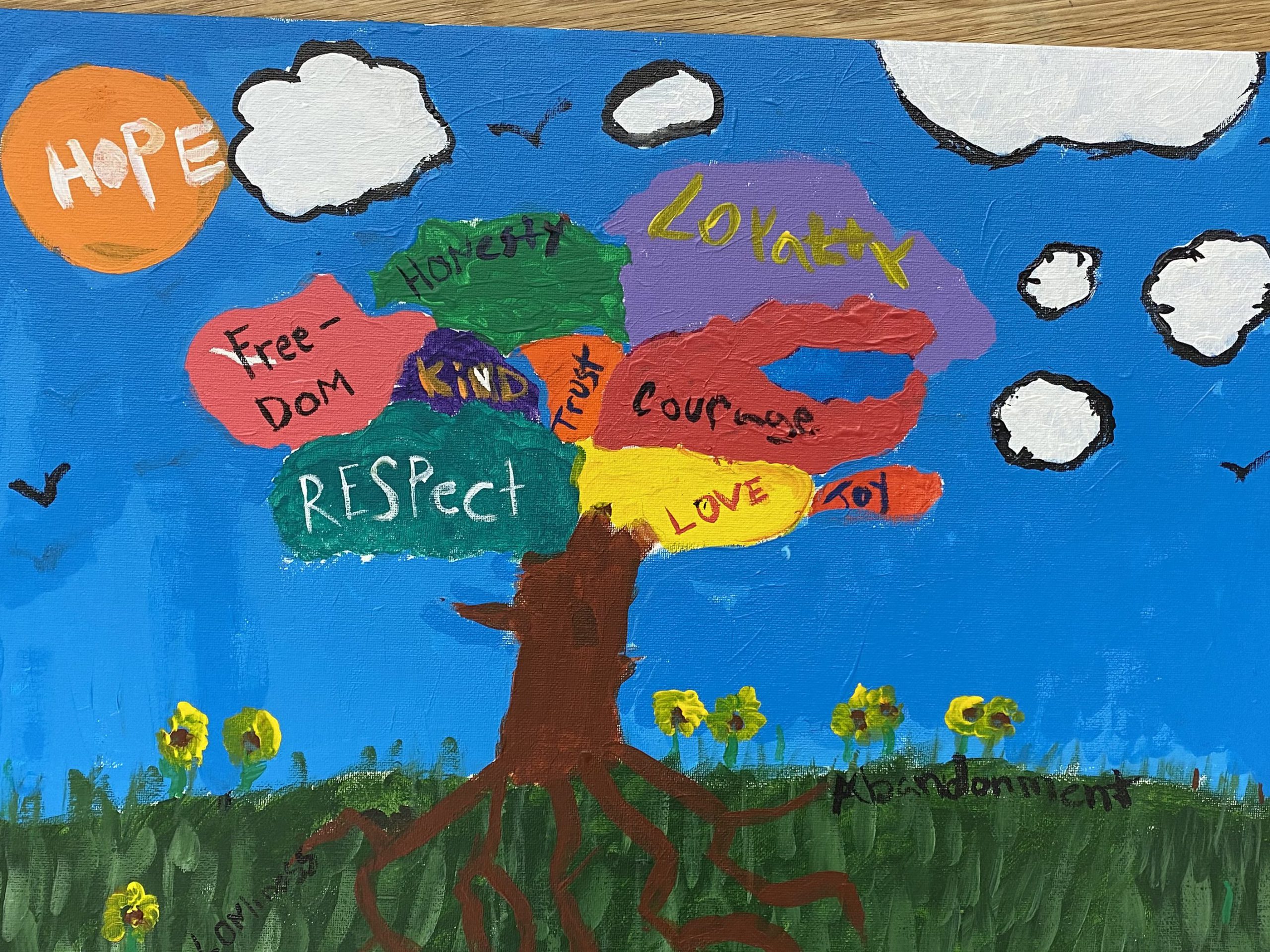
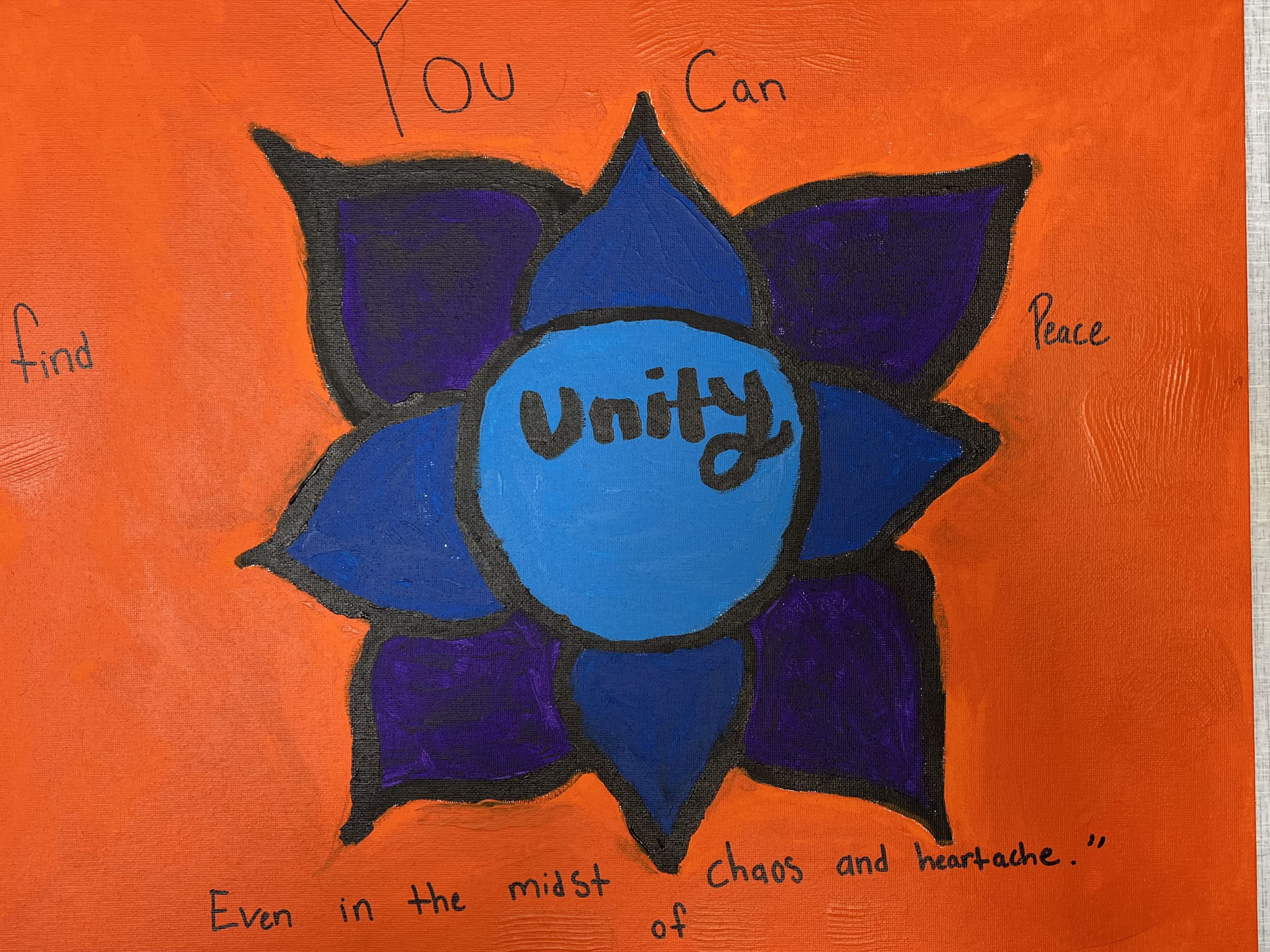
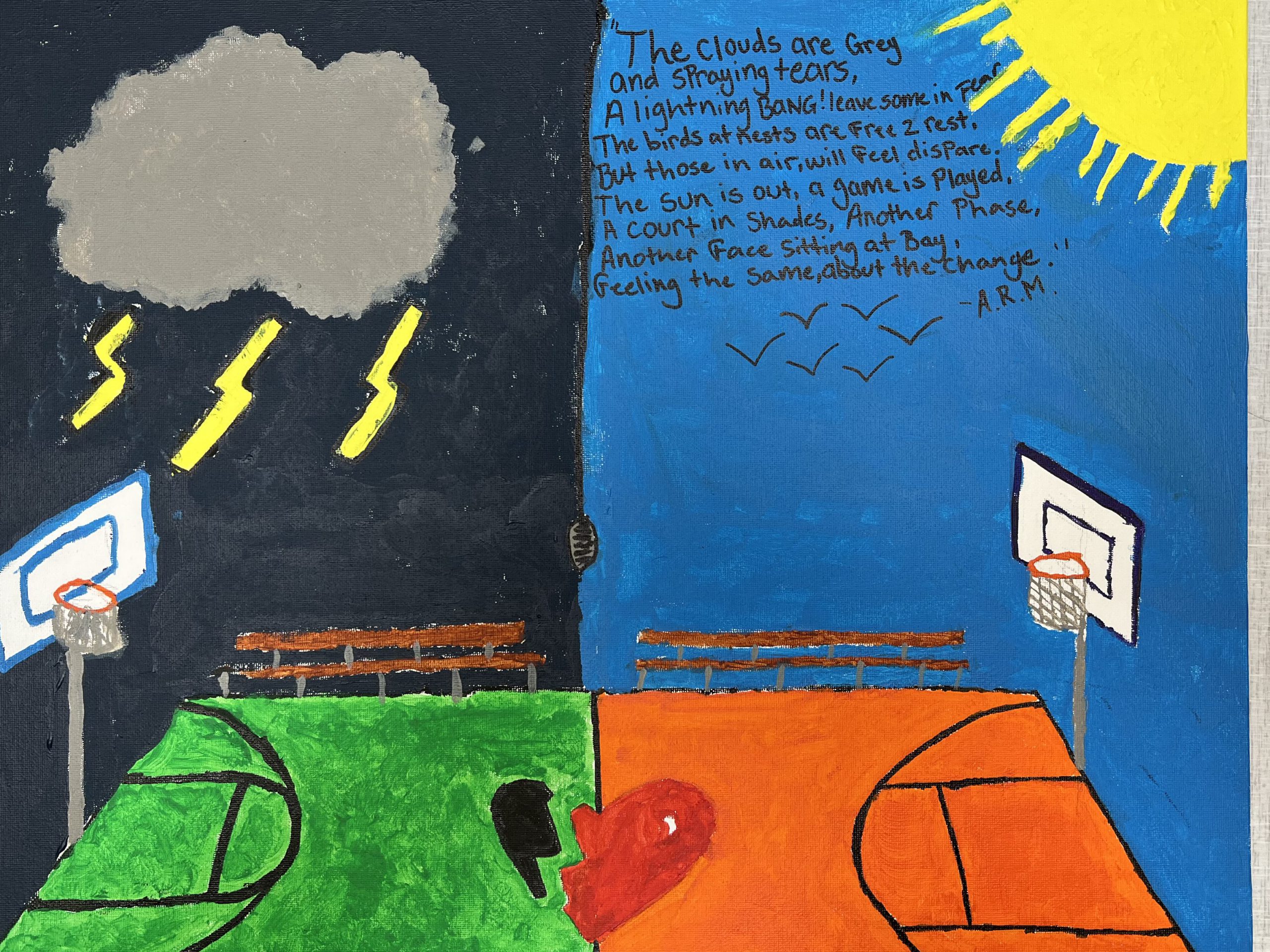
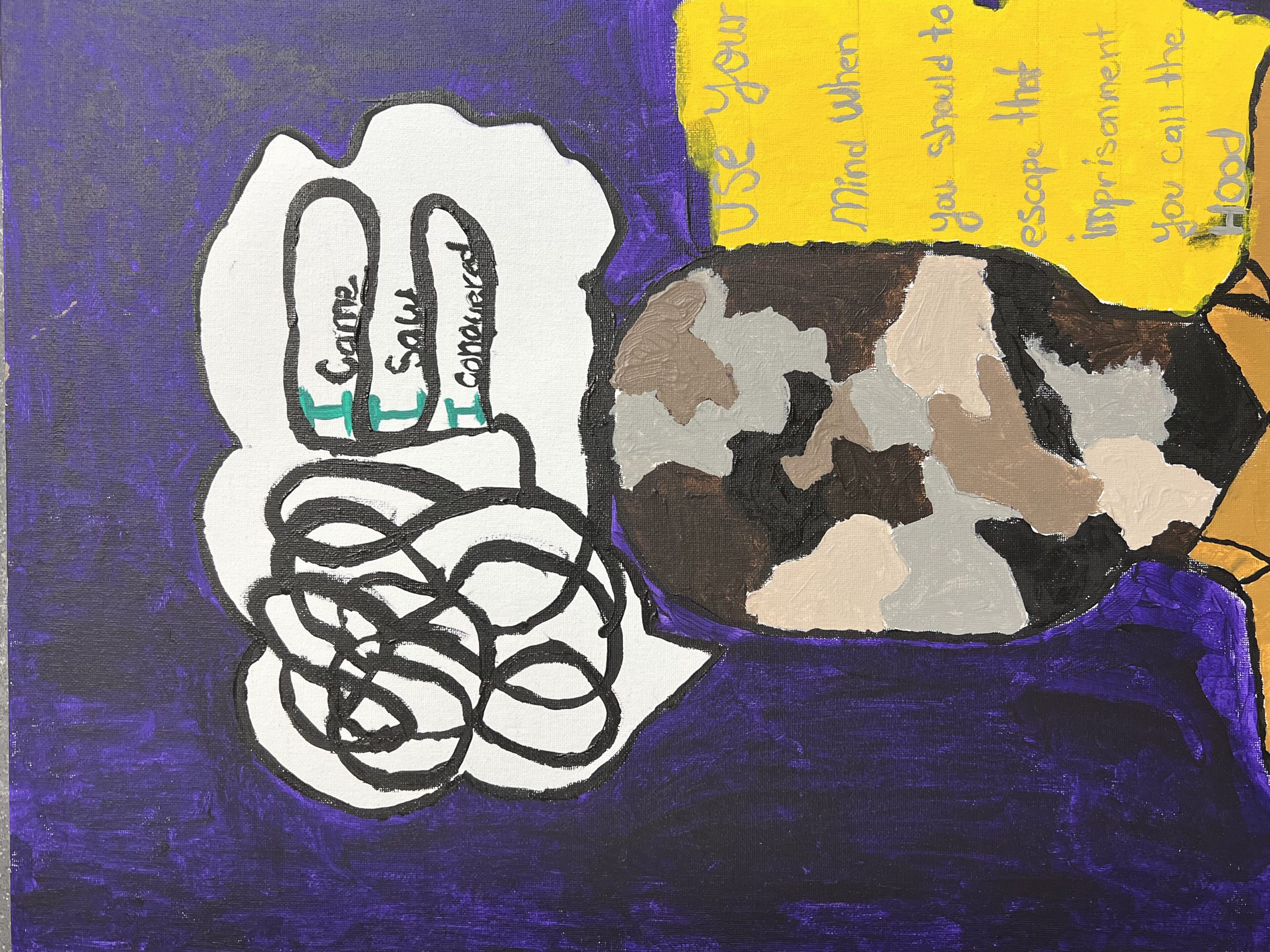
Collection of the collaborative paintings the youth created.
Next Steps:
I implore you to join community efforts to support and affirm these youth. Whether it’s becoming informed on the state’s youth practices or creating your own program, they need your support. Through “Writers Who Hope,” the youth created an amazing magazine full of relatable characters who are just like all of us, involving messy conflicts and plots that have created the most hopeful, resilient, heroes. They need our encouragement and our presence to learn how to see themselves as the heroes that transform and overcome adversity in their own stories.
These connections not only benefited our youth, but will also leave a lasting impact on my own life. I am so grateful for this opportunity with MCA and the time I’ve spent with these incredible young people. This experience has grown me, stretched me, and helped me fall in love with the possibilities of public service.
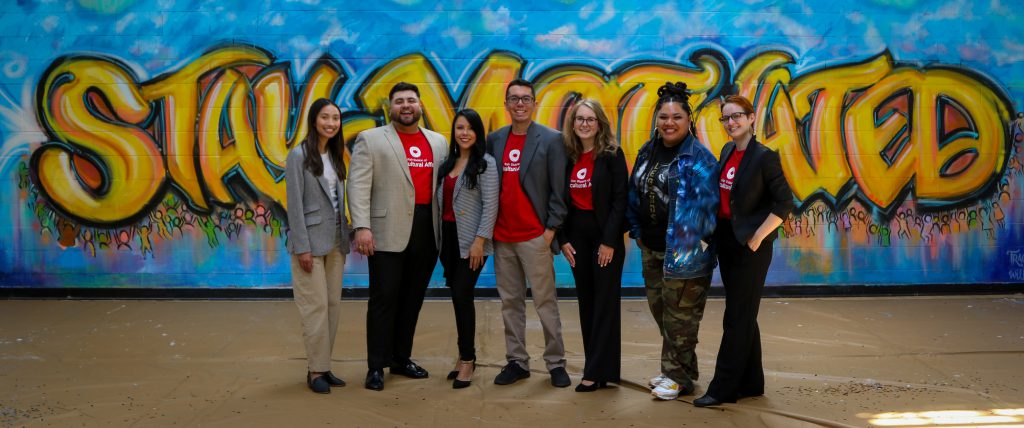
Note: This picture was taken by one of the youth who participated in the the Writer Who Hope program.

